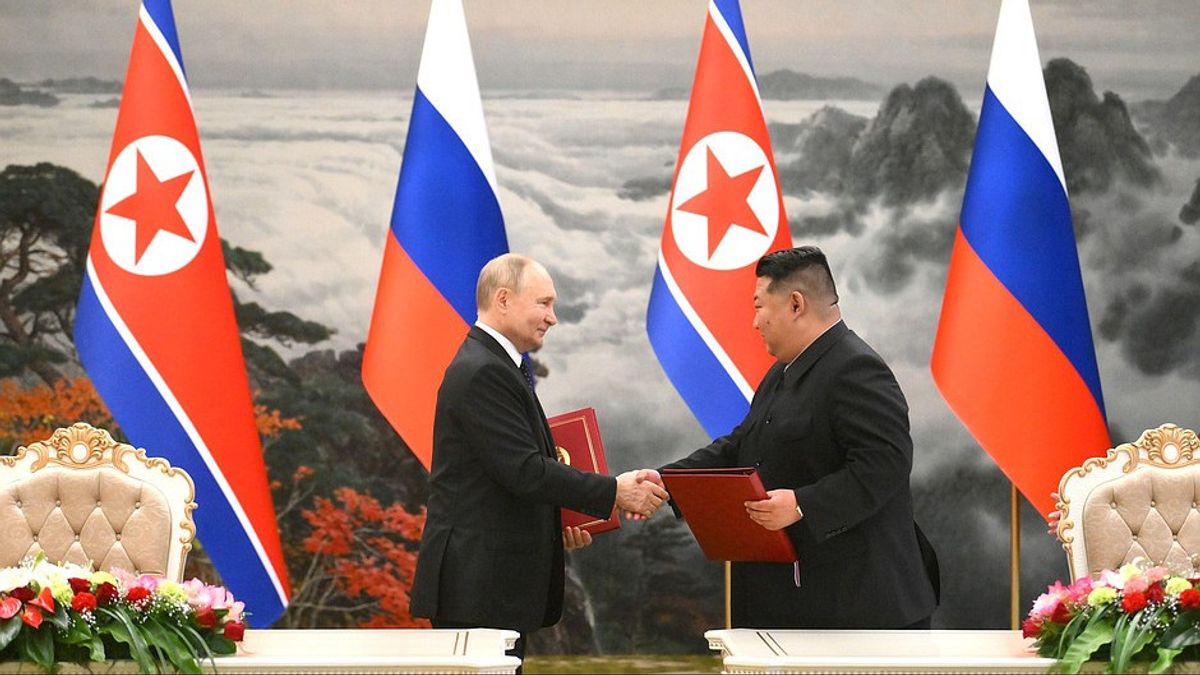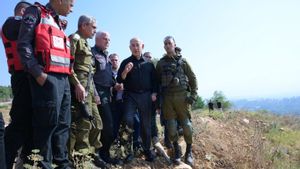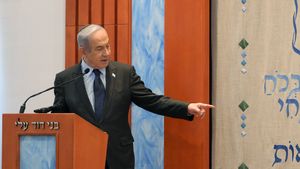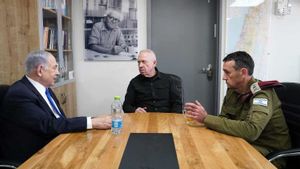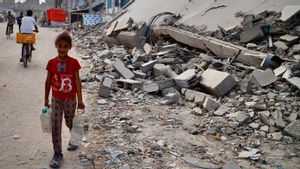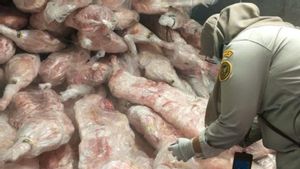JAKARTA - A joint defense deal signed by Russian President Vladimir Putin and North Korean leader Kim Jong Un has the potential to cause friction with China, the reclusive country's longtime main ally, the top U.S. military official said Sunday.
"We have another party that's kind of nudged in now, so that might cause a little bit more friction between (China) and Russia," U.S. Air Force General C.Q. Brown, chairman of the Joint Chiefs of Staff, told Reuters on June 24.
"So it's going to be interesting to see how these three countries -- how this plays out," he added.
Analysts say the pact signed Wednesday could weaken Beijing's influence over its two neighbors, with increased instability potentially hurting China's global economic and strategic ambitions.
On Thursday, President Putin said Russia might supply weapons to North Korea in what he suggested would be a mirror image response to arming Ukraine.
General Brown acknowledged the U.S. concerns about the deal.
But he also tempered that assertion by noting the deal’s clear limitations, expressing doubt that Moscow would give North Korea “everything” it wants.
Washington officials have said they believe North Korea is keen to acquire Russian fighter jets, surface-to-air missiles, armored vehicles, ballistic missile production equipment or materials and other advanced technology.
“The feedback I’ve gotten from the agreement is that it’s a broad, loosely-tied agreement, which gives you an indication (that) they want to cooperate but they don’t want their hands tied,” Gen. Brown said.
SEE ALSO:
The agreement signed by President Putin and Leader Kim on Wednesday, part of a comprehensive strategic cooperation agreement, obliges each side to provide immediate military assistance to the other in the event of armed aggression against either side.
President Putin said Moscow hoped its cooperation with North Korea would serve as a deterrent to the West, but there was no need to use North Korean troops for the war in Ukraine.
The United States and Ukraine have said that North Korea has provided Russia with a large number of artillery shells and ballistic missiles, an allegation denied by Moscow and Pyongyang.
The English, Chinese, Japanese, Arabic, and French versions are automatically generated by the AI. So there may still be inaccuracies in translating, please always see Indonesian as our main language. (system supported by DigitalSiber.id)
